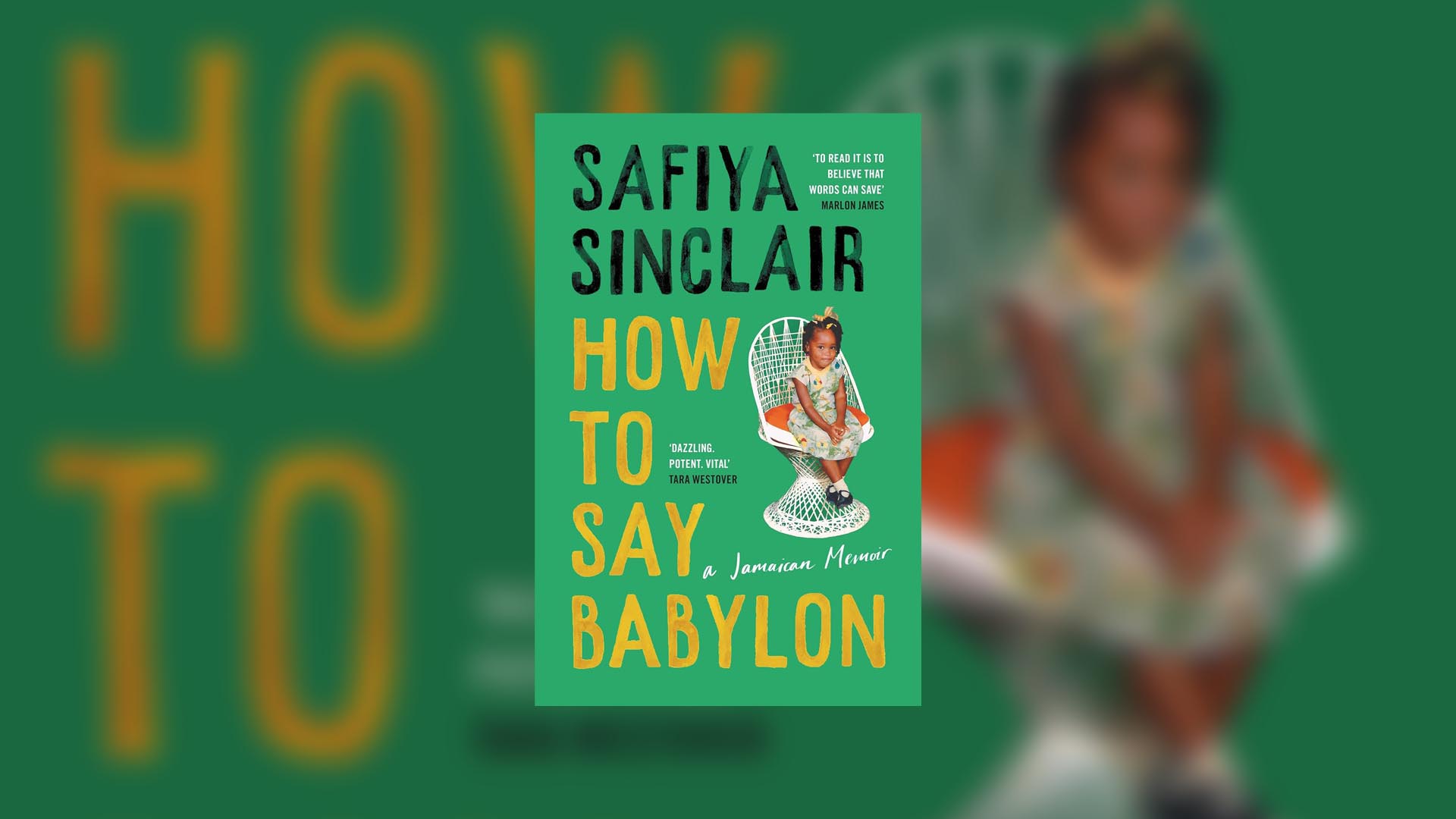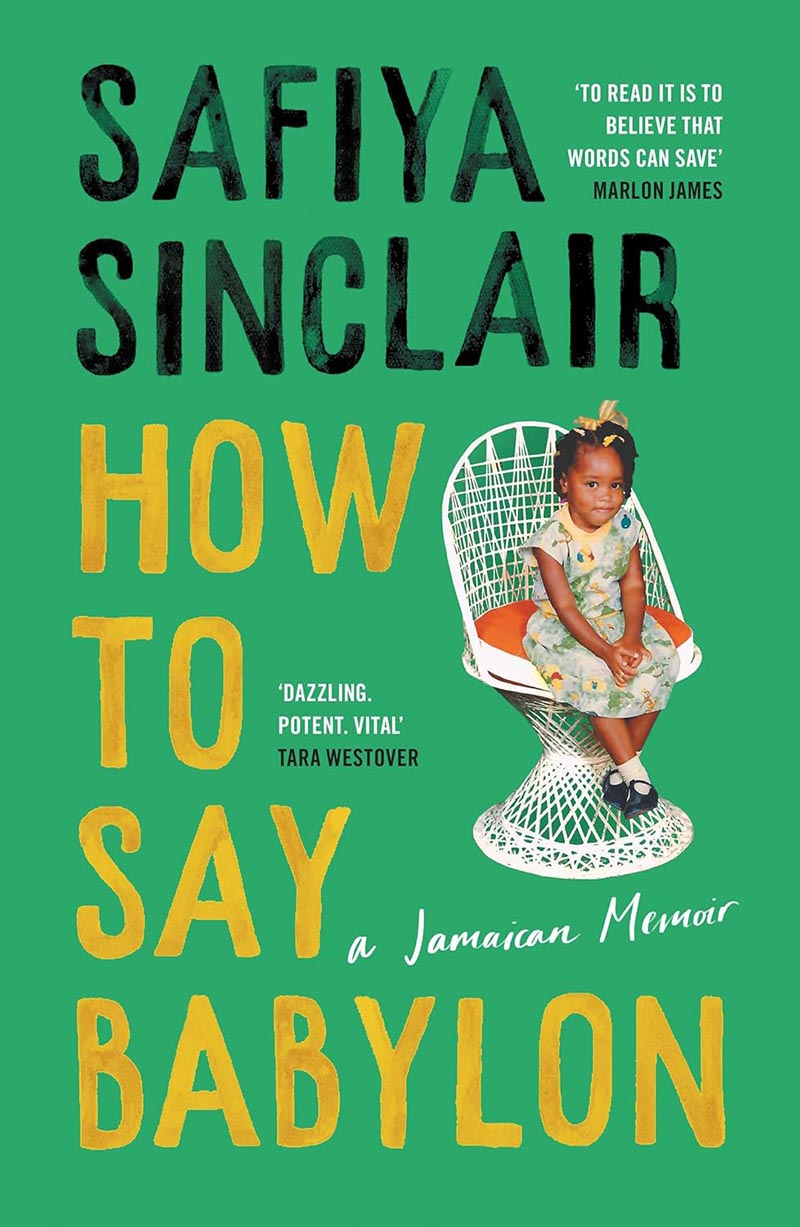How to Say Babylon: A Jamaican Memoir by Safiya Sinclair is a truly wonderful and compelling read that renders Sinclair’s account of growing up as the eldest daughter in a strict Rasta family. Shining a light on the history of the much-persecuted Rastafari movement, Sinclair lyrically charts the experiences of her parents, attempting to survive their own troubled childhoods and forge their own life as adults.
In a country whose promised vision of paradise was often only afforded to the plutocrats and tourists who continue to colonise its shores, Sinclair’s parents sought to create a private haven away from the horrors of Babylon.
Change a Big Issue vendor’s life this Christmas by purchasing a Winter Support Kit. You’ll receive four copies of the magazine and create a brighter future for our vendors through Christmas and beyond.
- Top 5 books by Jamaican writers, chosen by Kereen Getten
- Children of Windrush: Mica Paris, Jay Blades, Lenny Henry and more reflect on heritage and identity
Attempting to stave off the corruption of colonial harm and Western immorality, Sinclair’s musician father instilled in his children a pride in their Blackness but enforced various rules that his family struggled to uphold. Sinclair describes the nurture from her teacher mother, who gave her kids the education that poverty did not permit her to pursue. These siblings were admired for their precocity as outstanding students, but pariahed for their dreadlocks.
With gorgeous prose, Sinclair unravels the anguish of not conforming to the standards at home, or in a deeply unequal wider society. It seems hopeless for her to find a path outside these strictures. However, encouraged by her mother, the teenage Sinclair gains solace through reading and writing poems.
Emerging as an acclaimed poet, Sinclair arises as the keeper of her family history, honouring its pain and beauty. Her story speaks to the possibilities of forgiveness; that with time and care, writing can reconcile a means for healing, and the capacity to shift family dynamics. In the end, Sinclair states that “Bettah must come”, if only we might listen.










